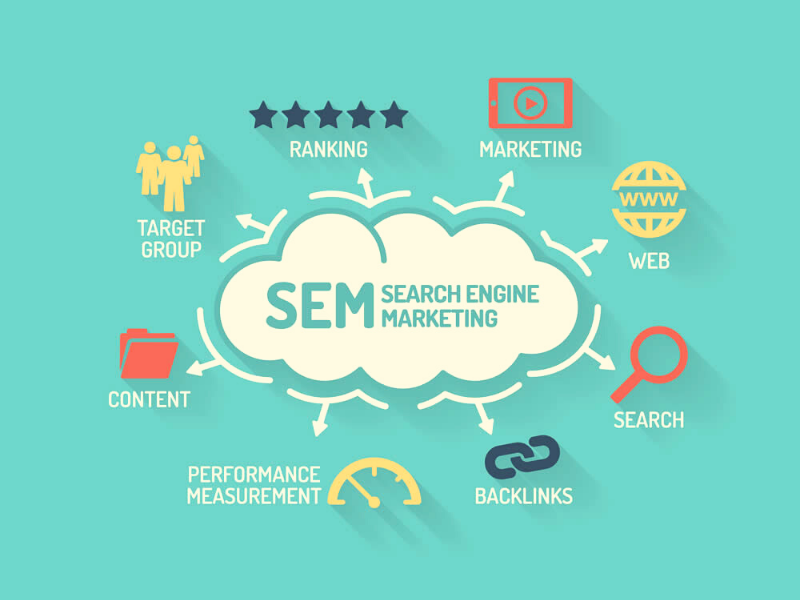Search engine marketing or SEM is one of the most productive ways for you to help your business grow in a marketplace that has become increasingly competitive. With millions of businesses competing for the market share, advertising online has never been more important. Hence, Search engine marketing has been more than necessary to promote your products and scale your business.
Search engine marketing is a process of marketing your business using paid advertisements that can appear or Search Engine Results Pages (SERPs). You as an advertiser here, can even you’re your bid on relevant keywords that users of for example, Google may enter when searching for a particular product or service, enabling you to display ads alongside the results of those searches.
The ads, commonly known as pay per click (PPC) ads, come in many forms. Some can be small text-based ads, and others can be more visual, product-based ads for example, Product information ads that can allow your customers to view important information like prices and reviews at a glance.
The greatest strength of search engine marketing is the opportunity for companies to place their ads in front of motivated and ready-to-buy customers at the very moment they are ready to make a purchase. No other advertising method can help you do this. That’s exactly why search engine marketing is so productive and a surprisingly powerful way to scale your business.
The Foundation of Search Engine Marketing
For search engine marketing, Keywords are core foundations. whenever users enter keywords into search engines as a search query, it cannot be seen as surprising that keywords form the basis of search engine marketing act as a useful advertising strategy.
You need to first shortlist keywords that are most relevant to your company, your business as well as your industry, and likely to be used by potential customers when searching for your product or services.
You must enter keywords related to your business or service and you will be presented with relevant keywords as suggested that you can base various search engine marketing campaigns upon.
Thorough keyword research can help you find not only keywords to bid on, but also negative keywords (terms or words that must not be used from your campaign). These Negative keywords are irrelevant terms that are unlikely to lead to conversions, rather than just terms with negative connotations. For example, PayPro as a fintech company providing Payment Gateway services and merchant accounts for businesses. However, PayPro provides Local and International Payments and settles amounts only in the PKR currency. Hence, a negative keyword for PayPro would be “Euro Payments settlement with Payment Gateways”
This concept is called search intent. That is, the probability that a anticipated personnel completes a purchase or other relevant action after searching for a particular term. Some keywords are considered to have high commercial intent or a strong indication that a specific search will definitely lead to a purchase.
Examples of definite commercial intent keywords are:
- Buy
- Discount(s)
- Deal(s)
- Coupon(s)
- Free shipping.
Ref: https://www.wordstream.com/search-engine-marketing





Ai
Good read …